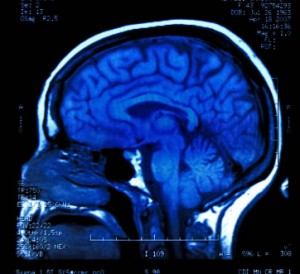Published: March 18, 2010
Children diagnosed with bipolar disorder may fare better with a different diagnosis, according to research published by Hastings Center scholars Erik Parens and Josephine Johnston in Child and Adolescent Psychiatry and Mental Health.
Parens and Johnston examine the evolution of the diagnosis of bipolar disorder in children and its dramatic increase since the mid 1990s. They emphasize that there is vigorous debate about whether symptoms in children accurately reflect the criteria for bipolar disorder, particularly for mania. The researchers support an emerging approach that would give many of those children a new diagnosis called Severe Mood Dysregulation (SMD) or Temper Dysregulation Disorder with Dysphoria (TDD).
Their findings, which were supported by a grant from the National Institute of Mental Health, come soon after proposed revisions to the American Psychiatric Association’s Diagnostic and Statistical Manual of Mental Disorders (DSM) were opened to public comment. [continue reading…]
Published: March 18, 2010
Feeling better about the future might help you feel better for real. In a new study, psychological scientists Suzanne Segerstrom of the University of Kentucky and Sandra Sephton of the University of Louisville studied how law students’ expectations about the future affected their immune response. Their conclusions: Optimism may be good for your health.
[continue reading…]
Published: March 17, 2010

© istockphoto
Some magnetic resonance imaging studies could be less reliable than has been presumed.
Brain-scanning studies that claim to link facets of personality, memory and emotion to specific brain activity may not be easy to reproduce, a new study concludes.,!–more–>
Source: Nature
Published: March 17, 2010
Antidepressants are effective against depression in patients suffering from physical illnesses, according to a new systematic review by Cochrane researchers at King’s Health Partners Academic Health Sciences Centre in the UK. The researchers found the drugs were more effective than placebos at treating depression in these patients. [continue reading…]


